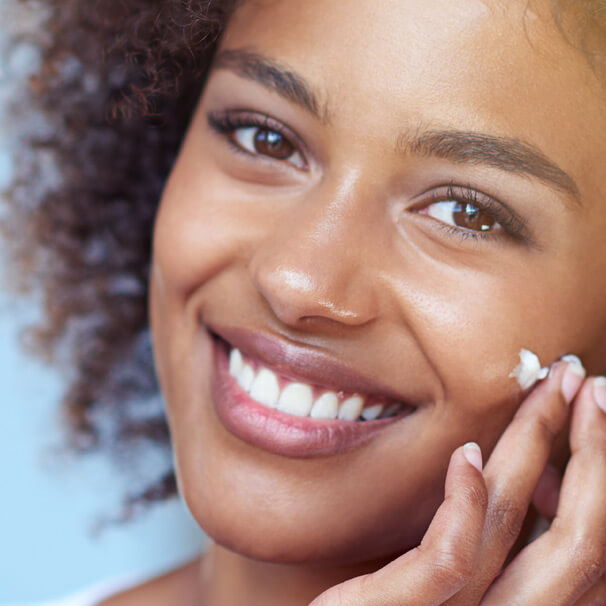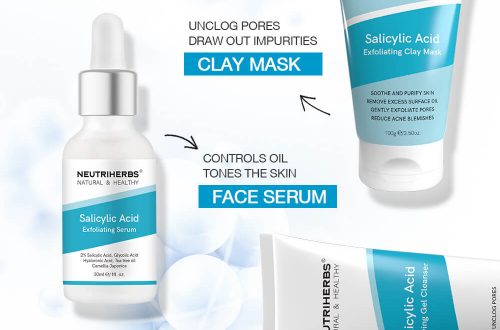
How, when and where to take care of your skin after 35
It’s never too early to start taking care of your skin. Although skin ageing is inevitable, this article discusses how positive lifestyle and skincare choices from the age of 20 help you maintain healthy skin, prevent premature skin ageing and delay and reduce the visible signs of skin ageing.
What are the first signs of skin ageing and when do they appear?
- The first signs of skin ageing tend to appear between the ages of 20 and 30.
- The most visible early signs of skin ageing are fine lines and wrinkles, lack of radiance and dullness.
- Several internal and external factors influence the age at which our skin begins to visibly age, but, in general, fine lines and wrinkles can begin to appear as early as our mid-twenties and deepen over time. . Starting in your twenties, you may also notice that your skin begins to dry out and lose its lustre and it can sometimes look dull and tired.
From changing your diet if you have dull skin to collagen or dermabrasion treatments to remove dead cells, these are just some of the weak points of this decade
It’s never too late (or too early) to start taking care of yourself. Dermatologists already wear it, who assure that from the age of 20 the ageing process begins. We tell you how, when and where to take care of your skin after 35. At age 35, the signs of ageing are already beginning to make their appearance. But especially the spots and wrinkles around the eyes. What is it that you cannot miss?
Get yourself a retinol cream and use it two nights a week. In the morning, a moisturiser, vitamin C and sunscreen. The weak points at this age are usually the wrinkles around the eyes. The skin begins to become drier and with more cosmetic needs. An anti-ageing protocol is advisable that includes a cream with retinol (two nights a week), combining it with another nourishing one the rest of the days.
Pollution becomes your enemy, ozone, carbon monoxide or nitrogen dioxide, directly or indirectly affecting the cells. Another of these weak points is stained. The scalp is also sensitised, your skin asks for more collagen, and if you notice it dull, change your diet.
Taking care of your skin between 20 and 30 years old: how can I keep my skin looking younger?
The sooner you start taking care of your skin, the better because it’s easier to delay the signs of skin ageing than to treat them once they’ve arrived. Lifestyle and skincare choices from the age of 20 will help you prevent premature skin ageing and delay the signs of ageing on your skin.
- Optimal lifestyle choices
- A diet rich in antioxidants will help your skin fight free radical damage.
- Your skin reflects your overall health, so try to get plenty of exercises, get a good night’s sleep, eat a healthy balanced diet, and quit smoking:
An anti-ageing diet. Eat plenty of fresh fruits and vegetables rich in antioxidants to help neutralise free radicals associated with premature skin ageing. Try to limit your alcohol intake and drink plenty of water to keep your skin hydrated.
Quit Smoking: Harmful chemicals found in cigarette smoke and nicotine are responsible for increasing free radicals in the skin. In addition to the risks of lung cancer and heart disease, smoking has been shown to cause premature ageing of the skin.
Regular cleansing, moisturising, using potent and recognized antioxidant ingredients like Vitamin C, and most importantly, proper daily sun protection will help keep your skin healthy, prevent premature skin ageing, and delay the visible signs of skin ageing.
Regular cleansing: Cleanse and tone morning and night to rid your skin of sweat, oil, makeup and impurities that can cause oxidative stress.
Hydration: Hydrate your skin with specially formulated moisturisers to address the first signs of ageing: fine lines and wrinkles, and skin that looks dull and tired.
Boosting antioxidant for the skin: Vitamin C is a very powerful antioxidant that neutralises free radicals and stimulates the production of collagen. To learn more about its benefits as a skincare ingredient, read Vitamin C: A Powerful Antioxidant for Your Skin.
Sun protection: The best way to protect the skin from photoaging is to limit sun exposure, avoid it during the most intense hours, wear protective clothing and apply a product with appropriate sun protection, even on cloudy days or when you are in the shade. As your face is exposed to the sun every day, we recommend daily facial sun protection throughout the year.





